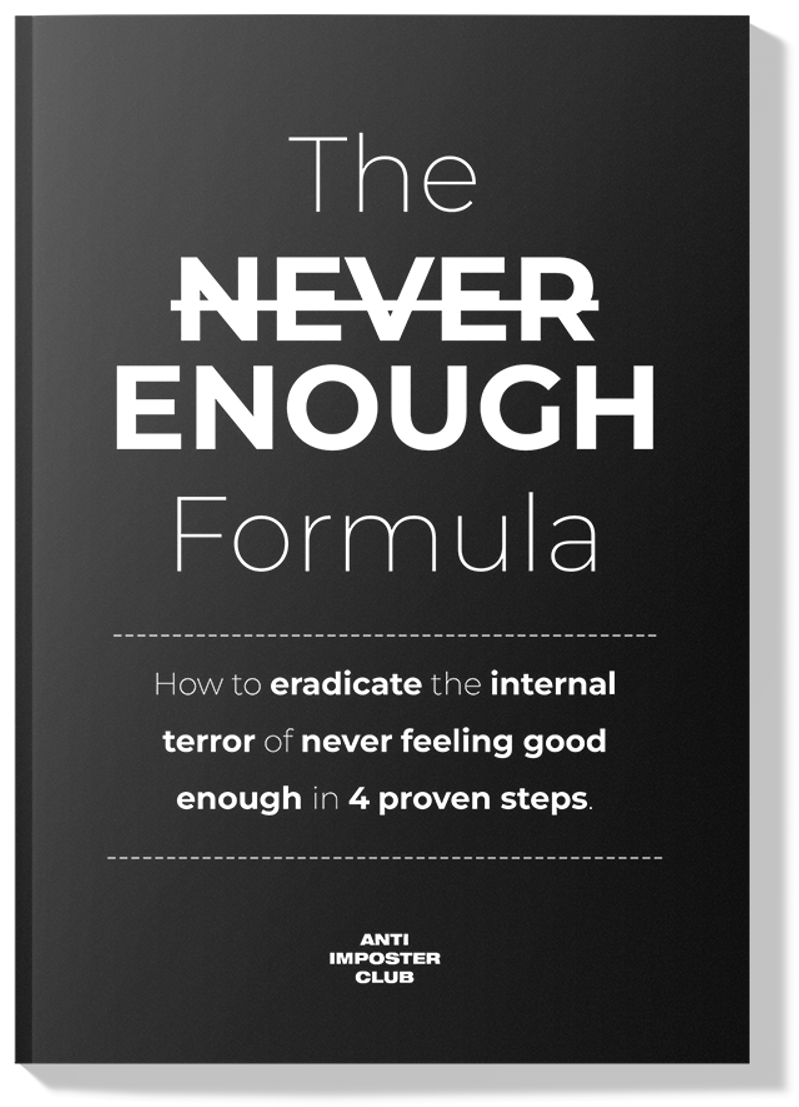Sometime in the late 1800s Vilfredo Pareto - an avid gardener - made an interesting discovery.
He noticed that a tiny number of pea plants in his garden produced the majority of the peas.
Since apart from an avid gardener Pareto was also an economist, he began to notice the same phenomenon when looking at the distribution of wealth. The majority of wealth in his home country Italy was actually controlled by a only small number of people. Same in the UK.
Soon this phenomenon which became known as the Pareto Principle or 80/20 Rule appeared everywhere.
It is important to note that the numbers are not always exact. In fact, it might be that actually, only 10% of customers may be the cause for 90% of your complaints, or that 60% of your distractions come from 40% of available sources. But the key point is, that most variables in life are unevenly distributed. And you can use that to your advantage.
Understanding the Pareto Principle can help you realise where to focus your time and effort.
If you are writing an essay at uni, find out what the most important aspects are that the anwers should contain → spend more time developing them in detail.
If you are looking to maximise the profit of your business or client, ask yourself who the 20% of customers that create most of your profit → target them more.
If you are handling several tasks at work, ask yourself which ones are driving most of your results → focus on them.
To use the advice by James Clear:
*“How to 80/20 your work:
(1) Make a list of the 10 things you spend the most time on.
(2) Circle the two that truly drive your results. Do more of those.
(3) Look at the others. Eliminate ruthlessly. Automate or outsource what you can. Press pause on the rest.
(4) Repeat”*
In that context, it may also make sense to combine the 80/20 rule with the Eisenhower Matrix to know what tasks to delegate and put on pause really take your productivity to the next level.
Apart from helping you become more productive, I think the 80/20 rule has its greatest power when applied to your personal happiness.
If you are being honest with yourself, when asking yourself the question "what are the things in life that make me truly happy?", chances are that you are not going to come up with a long list of things including the new BMW 3 series you just bought or the 1000 likes you got on the last picture you uploaded on Instagram.
While these things might be nice, there are probably on a few things that made your list, which are also probably very personal and beautifully simple, like spending time with your family, going on a spontaneous picnic with your partner, hiking through the Alps, meeting the lads for a round of football on a Sunday afternoon, going for a walk with a podcast in your ears on a sunny spring day, or reading a compelling book whilst enjoying a nice hot drink and listening to the rain hitting against the window.
Use the Pareto Principle to your advantage by identifying those two or three things that really make you happy and spend more time doing them.
In combination with that, reconsider who you are spending your time with. Who is most important to you? Who adds the most value to your life? Are you making enough effort with them? are you giving them the time they deserve compared to those acquaintances that are less important to you, who only ever pop up when they need something from you, or who love spreading negativity and constantly complain about how shit life is?
Focus your time and efforts on those relationships that you feel are good for you and the Pareto Principle will reward you with disproportionate happiness. Don't waste time on the people that drag you down. Or even better, identify the 20% of people that cause 80% of the drama in your life and remove them from your circle completely. This may sound harsh and even make you feel bad for doing so, but put yourself first, your future self will be grateful for it.
My Story

My name is Stefan, and just like you, I had (and still have) this little voice in my head telling me that I'm not good enough.... continue reading
More blog posts
What everyone ought to know about boosting your self-esteem.
(Do not carry on with your self-affirmations if you truly want to feel confident again.)

Discover what the real 'currencies of self-esteem' are and how to amass them like weeds.